In turbulent times, sport diplomacy is more than a game
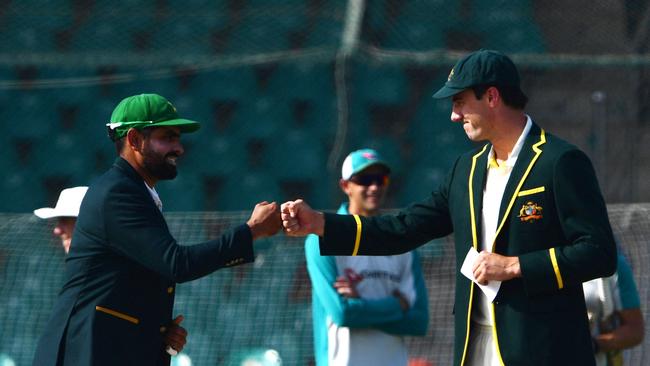
When sport provides a function beyond the game, it is almost always co-opted by governments.
As scholar Lincoln Allison notes: “German Nazis, Italian Fascists, Soviet and Cuban communists, Chinese Maoists, Western capitalist democrats, Latin American juntas – all have played the game and believed in it.”
This is why observers often refer to the interplay of sovereign states as the Great Game, one of triumph and tragedy.
Sports diplomacy is a new term that describes the role sport has, does and should play in the diplomatic relationships between sovereign states.
A glance at the international sportscape shows a lot of activity as nations harness the policy gains and influence of the soft power of sport. In early December last year, the US, Japan, India, Australia and others announced a diplomatic boycott of the Beijing Winter Olympics, citing concerns over human rights, Hong Kong and the mysterious case of tennis player Peng Shuai. Russia, of course, accepted the invitation with open arms, as did many of China’s new pals in Africa, Latin America and the Pacific.
Via a range of summit meetings on the sidelines, China’s leader, Xi Jinping, struck deals with Argentina, received blessings from Pakistan and met Vladimir Putin to – surely – discuss Ukraine and other security concerns. In the Middle East, a sports diplomacy arms race is occurring as Saudi Arabia, the United Arab Emirates and Qatar all vie to change hearts, minds and bodies as the world’s attention turns to the 2022 World Cup.
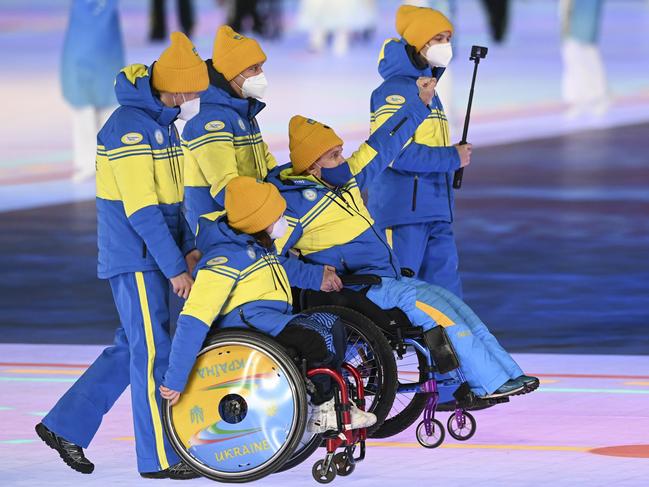
Australia will (re)enter the race in September, hosting the Basketball Women’s World Cup. Some 88 million people will watch this one event, followed shortly after by the International Cricket Council Men’s T20 World Cup, the FIFA Women’s World Cup and – fingers crossed – the Rugby World Cup, ushering in a “Green and Gold” sporting decade culminating in the Brisbane Olympics in 2032.
There are also lots of new players in the sports diplomacy game.
Progressive regimes such as the World Surfing League introduced equal pay for male and female competitors in 2018.
Activism by sportspeople is everywhere but has its limitations. Raising awareness is one thing; effecting lasting political change – the concept of “agency”, in international affairs parlance – is harder to do and yet a few “diplomats in tracksuits” are leading the way. Former Socceroos captain Craig Foster’s advocacy for refugees is majestic, David Pocock and his Cool Down campaign is admirable and the work former Karateka champion Laurence Fischer does for women and girls in Africa earned her a unique honour: the world-first ambassador for sport (for both France and the EU).
More recently, disgust at Russia’s invasion of Ukraine has been poignantly represented by the International Olympic Committee, FIFA and millions of players, fans, coaches and administrators, as they turn their backs on the pariah nation. Considering that Russian sport forms a key pillar of Russian nationalism, the collective will of the global sporting public will eventually hurt.
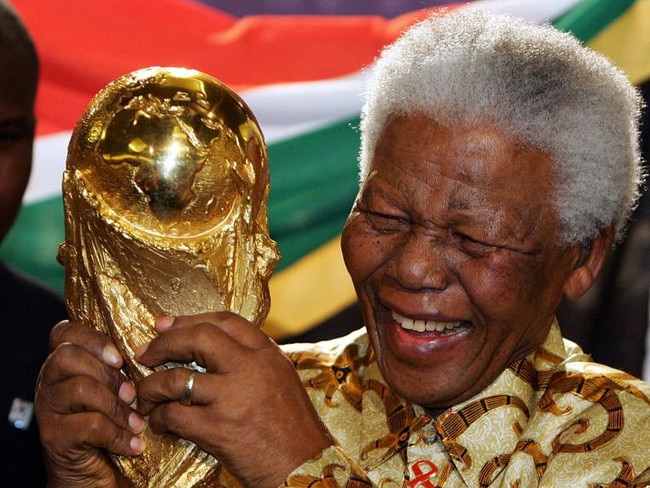
Cricket is no different. Historically, Queen Victoria’s great colonial experiment was predicated on the three Cs of commerce, Christianity and cricket. The game was used as a civilising device to overcome estrangement between coloniser and colonised.
This was why, perhaps, in 1868 13 Aboriginal men used the deadly power of the sport to represent their nation, culture and sporting talents to tour England, becoming the first group of Aussie sportspeople to travel overseas.
Cricket also can be used to shore up a government’s position, as was the case in 2008 when the England and Wales Cricket Board cancelled Zimbabwe’s 2009 tour of England and suspended all bilateral relations in response to some shifty elections. Or it can be used as a diplomatic tool to defuse tension in international relationships. Since 1987, when India and Pakistan stood within a hair’s breadth of all-out war, their leaders have used cricket matches between their countries to defuse tensions over Kargil, Kashmir and the horrific Mumbai attacks of 2008.
Diplomacy was everywhere on display during the recent Ashes series too. Like thousands of hardworking diplomats, the players represent us, our culture, hopes, and values (warts and all). They also represent an elite level of society, are highly patriotic, consider it a great honour to represent their nation and, obviously, want to win and do the best for their country. And, just like diplomats, our sportspeople compete with other countries in epic contests involving rules, secret plays, tactics, spectators, opponents and large forums in far-flung locales. This is certainly true for the men’s team touring Pakistan for the first time in 24 years. Sport is far more diplomatic than you may think.
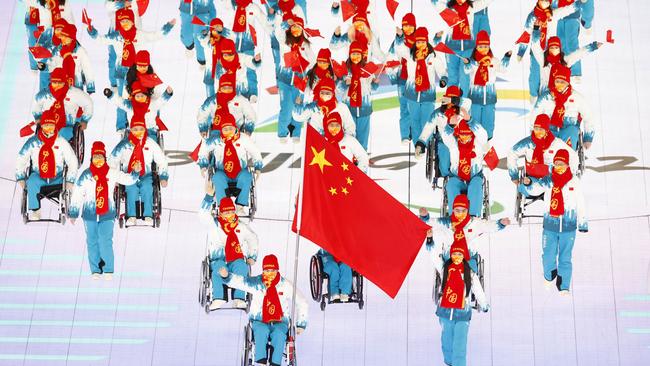
Of course there are dark moments in cricket, just as there are in diplomacy. The Bodyline theory of fast bowling adopted by the English team during the 1932-33 tour of Australia led to a period of dreadful relations absolved only by the need to ally during World War II. Some may argue that Michael Clarke telling James Anderson in 2013 to “get ready for a broken f..king arm” wasn’t frank or cordial. And what discerning tragic could forget the dark South African day in 2018 when a young man reached into his underpants for a bit of sandpaper. “How can our team be engaged in cheating like this? It beggars belief,” our despondent prime minister at the time, Malcolm Turnbull, noted.
Thankfully, as in international affairs, the dark moments are the exception rather than the rule. International sporting competition does far more good than harm to the relations between states. This is why Nelson Mandela, speaking in 2000, noted: “Sport had the power to change the world. It has the power to inspire. It has the power to unite people in a way that little else does.”
A typical politician, however, Madiba described a utopia; an end. He forgot to tell us how to get there. Sports diplomacy, it appears, is one way to get there, a way for us to try to play nice, short of all-out war. In this tumultuous century, these might be the greatest games we yet play.
Stuart Murray is an associate professor at Bond University and a senior consultant at Sports Diplomacy Alliance. He was a speaker at The Fiercest of Friends: Sports Diplomacy in the Australia-UK Relationship, part of the UK/Australia Season, at the Gabba, Brisbane, on March 21.

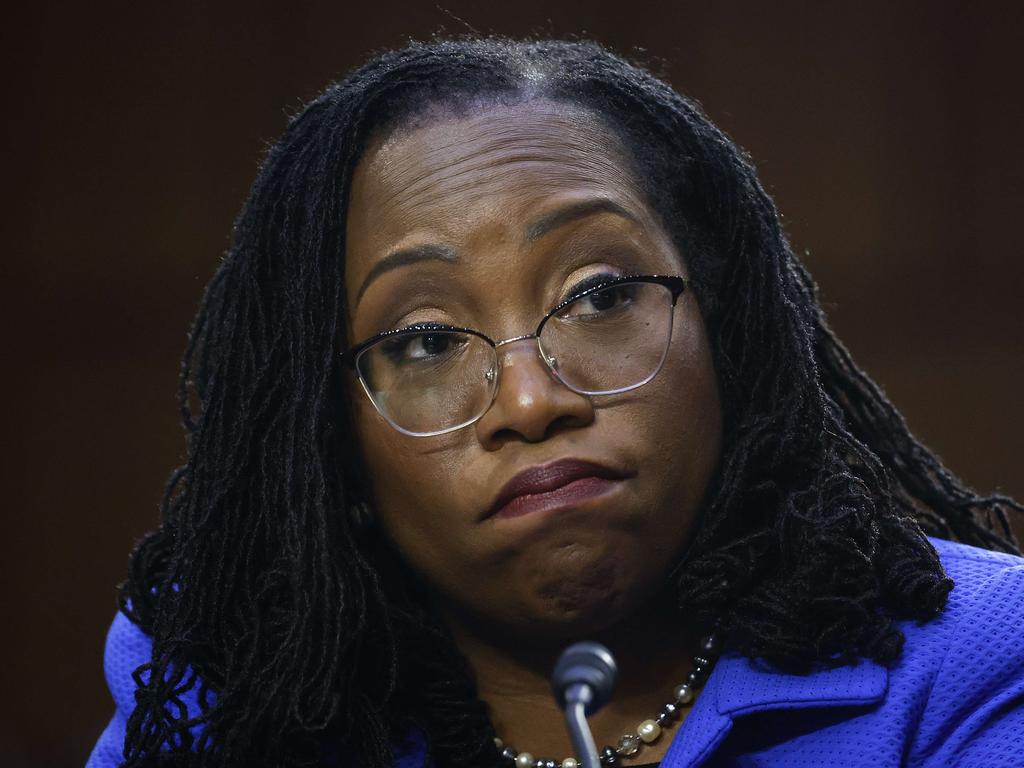




While sport and politics don’t mix, sport and diplomacy have been mixing since time immemorial. From First Australians’ use of sport to avoid inter-tribal conflicts to the Truce of the Ancient Olympiad between 776BC to AD393, to the game of ping-pong that thawed the ice between Mao Zedong’s China and Richard Nixon’s America in 1971, sport transcends politics, eases tensions and unites strangers via a mutual love of games and physical pursuits.